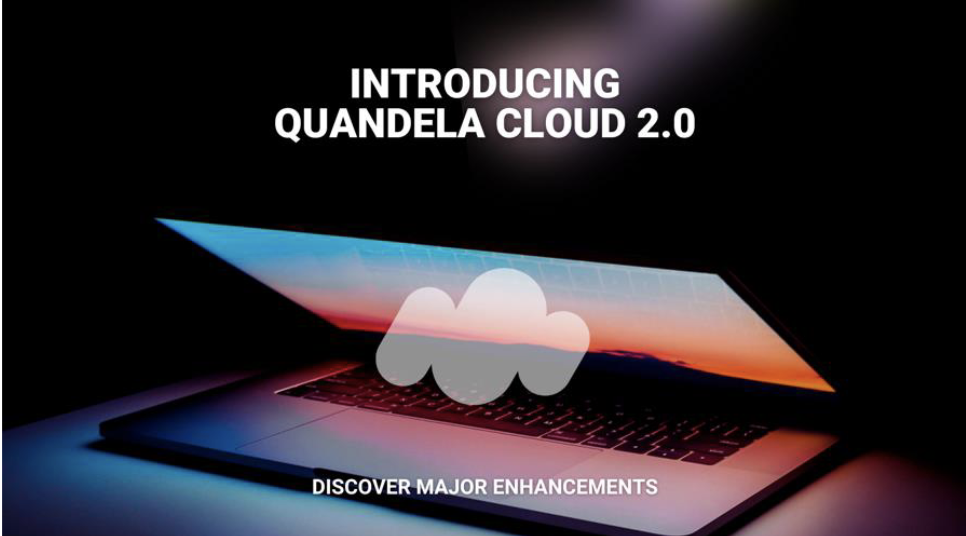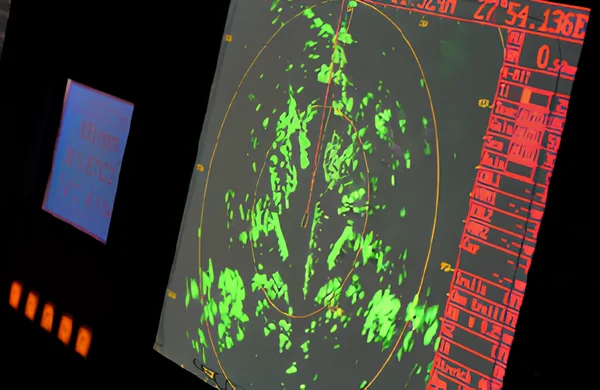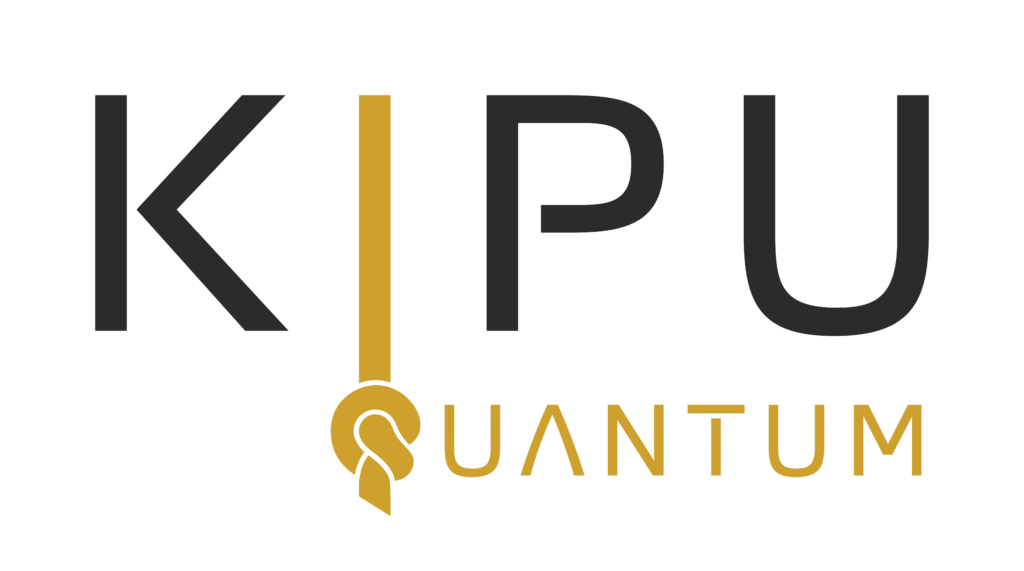Insider Brief
- Quandela announced the release of its new version of its quantum computing cloud service, Quandela Cloud 2.0.
- The service gives access to the most advanced quantum servers available at Quandela.
- It features easy to use software for generating and manipulating quantum circuits, as well as middleware for executing hybrid quantum-classical workflows.
PRESS RELEASE — Quandela, the European-based quantum computing provider, is announcing the release of its new version of its quantum computing cloud service, Quandela Cloud 2.0, providing end-users with the most powerful platform for developing photonic quantum applications.
Initially launched in January 2023, and now comprised of hundreds of corporate users, Quandela Cloud is a comprehensive platform to discover, learn, test, and develop quantum solutions. It gives access to the most advanced quantum servers available at Quandela, easy to use software for generating and manipulating quantum circuits, as well as middleware for executing hybrid quantum-classical workflows in heterogeneous computing environments.
For developers, researchers and quantum engineers, this announcement comes with multiple benefits:

- Quandela Cloud 2.0 delivers significant improvements in circuit construction, compilation times, and memory consumption compared to the earlier release.
- Perceval, the open-source framework to program photonic quantum computers provides developers with versatile and powerful user tools for mapping circuits to quantum hardware and executing them on simulators or actual QPUs.
- The introduction of new application-centered SDKs and APIs aims to facilitate seamless integration into cloud system dataflow and hybrid computing with classical processors (CPU and GPU) in data center infrastructures.
This release follows the successful launch of two quantum computing systems with cloud providers in Europe and North America. As Quandela continues its path, it remains dedicated to timely deliveries and ongoing technical advancements.

Discover the Key Enhancements in This New Release:
Quantum Toolbox
This comprehensive suite includes pre-optimized primitives tailored for specific applications such as Variational Quantum Eigensolver (VQE) and graph analysis. It expedites the time to production of quantum algorithms for industry-specific use cases, by providing a native optimization of these algorithms with Quandela QPUs and selected GPUs. Backed by the expertise of Quandela’s application team, users will receive direct support to maximize the utility and efficacy of these tools.
Exqalibur – GPU-Enhanced Emulation
Introducing a new emulator for photonic qubits that leverages the capabilities of the most powerful GPU, and enables computations at an unprecedented scale. With this advancement, users can now explore up to 150 billion parameter spaces across 20 photonic qubits at kilohertz rates, facilitating faster prototyping and optimization of quantum algorithms.
Exclusive QPU Reservation Service
In addition to standard on-demand access, the new system offers premium users an intuitive reservation platform to secure QPU time on designated dates and times. This tailored reservation model enhances the user experience by facilitating seamless coordination among development teams.
QPU Advancement – Introducing Altair
With the release of Quandela Cloud 2.0, significant enhancements have been made to the quantum computing hardware. Altair, the latest 10-qubit quantum processor takes central stage and is now accessible to developers worldwide. This upgraded quantum processing unit builds upon the success of its predecessor, Ascella, which was launched in January 2023 and operated for over 12,900 hours. Ascella achieved a remarkable availability rate of 92% over a 6-month operation.
Built-in Error Mitigations
Two powerful patented error mitigation techniques have been introduced for the control of Altair, allowing us to push further the fidelity and quantum gates speed:
- AI-driven Quantum Fidelity Enhancement: This technique harnesses the power of machine learning’s ‘clear-box’ methodology to significantly mitigate hardware imperfections. This innovative approach boosts qubit fidelity by several percentage points, ensuring even greater reliability and performance in quantum computing applications. Further details are provided below.
- Photon Recycling: This unprecedented technique exploits lossy output photon states to consolidate statistics of non-lossy states, allowing for a more precise estimation of the probability distribution with fewer numbers of shots.
Combined with AI-boosted error mitigation software and transpilation technique, Altair reaches fidelities of: 1-qubit gate: 99.94%, and 2-qubit gate: 98.2% and a Q-score of 6.














